1. Knocking on Wood
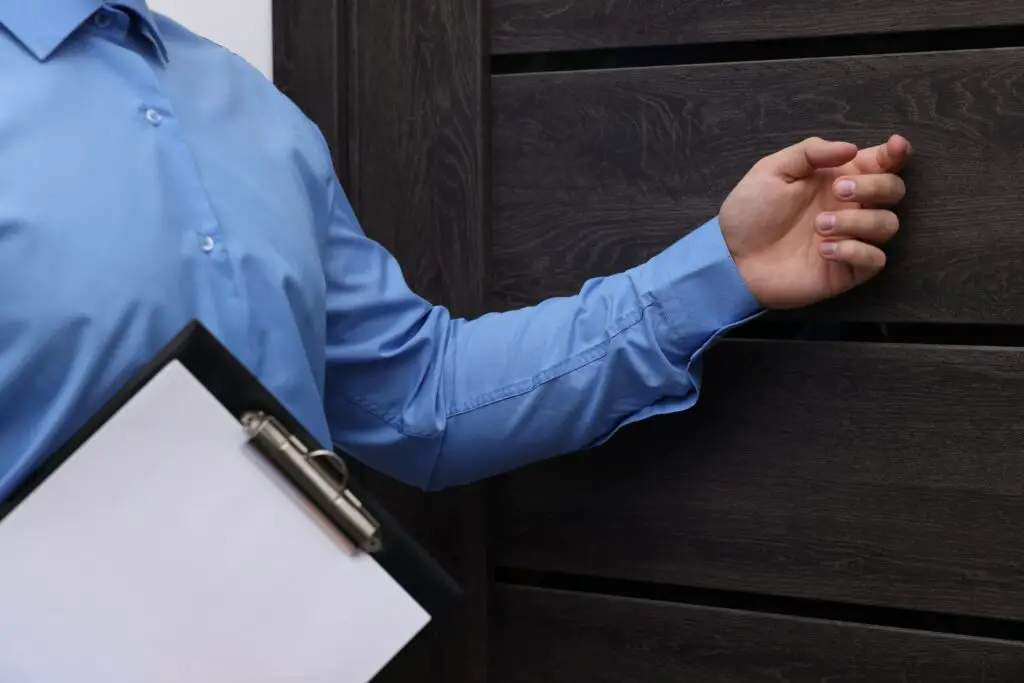
Long before it became something people did absentmindedly, knocking on wood was thought to keep bad luck at bay. Early Americans inherited the belief from European settlers who thought spirits lived inside trees, and a quick knock was a way to ask for protection or ward off misfortune. Families might tap the wooden frame of a door or even a kitchen table if someone mentioned good fortune, almost like a plea to not jinx it.
The superstition spread so much that it became second nature in households across the country. It wasn’t just a quirky habit, it was seen as essential to keeping blessings intact. Parents taught their children to do it, and neighbors chuckled knowingly when someone forgot. It’s still around today, but it once held much more weight in everyday American life.
2. Dropping Silverware
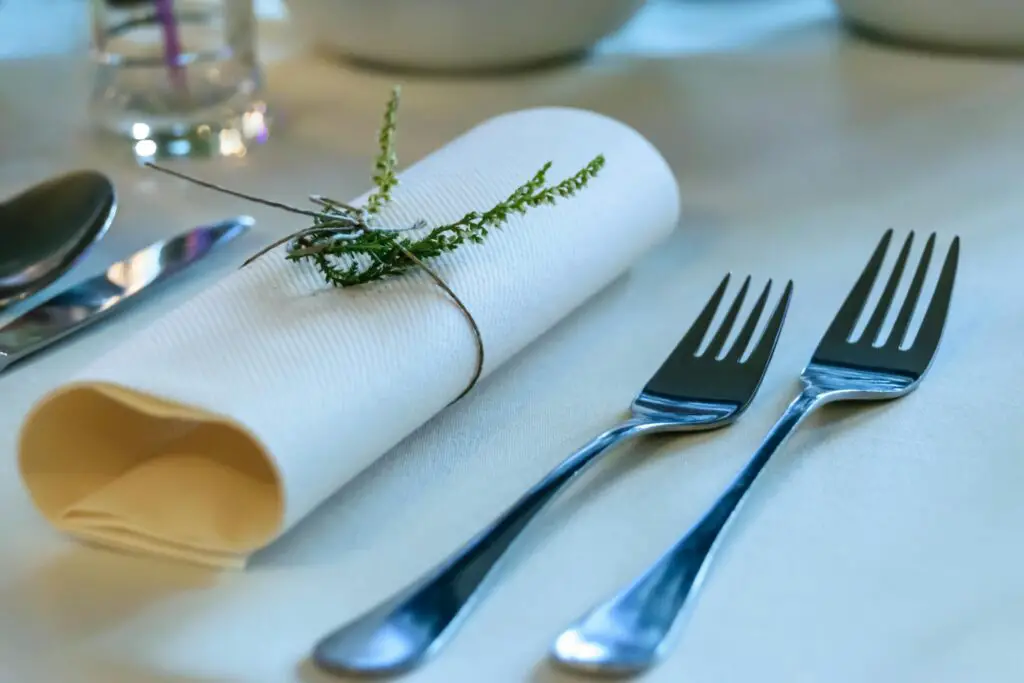
If you dropped a fork, knife, or spoon, it wasn’t just a clumsy mistake—it was a sign that company was coming. The type of utensil even mattered. A dropped fork meant a female visitor, while a knife meant a male was on the way. Families would sometimes tidy up the house right after, preparing for whoever fate might send to the door.
This superstition gave meaning to tiny accidents and added a bit of excitement to daily routines. Instead of annoyance, dropping silverware could spark curiosity. People might look toward the window, wondering if they’d see someone walking up the road. For rural communities where visitors weren’t an everyday thing, it was a charming belief that turned slips into anticipation.
3. Itchy Nose

An itchy nose wasn’t just a sign of allergies—it was thought to mean you were about to get into an argument or that a visitor was coming. Some people even believed it meant a fight with a stranger, which gave the itch an unsettling edge. Families often joked about it, warning each other to be on guard when someone started rubbing their nose.
It turned a harmless tickle into a social forecast. People took it seriously enough to pause and wonder if they should brace for conflict. Sometimes it sparked playful teasing, other times genuine worry. The nose became a barometer of human interaction, one that ordinary households leaned on to explain the unexpected.
4. Rocking Empty Chairs
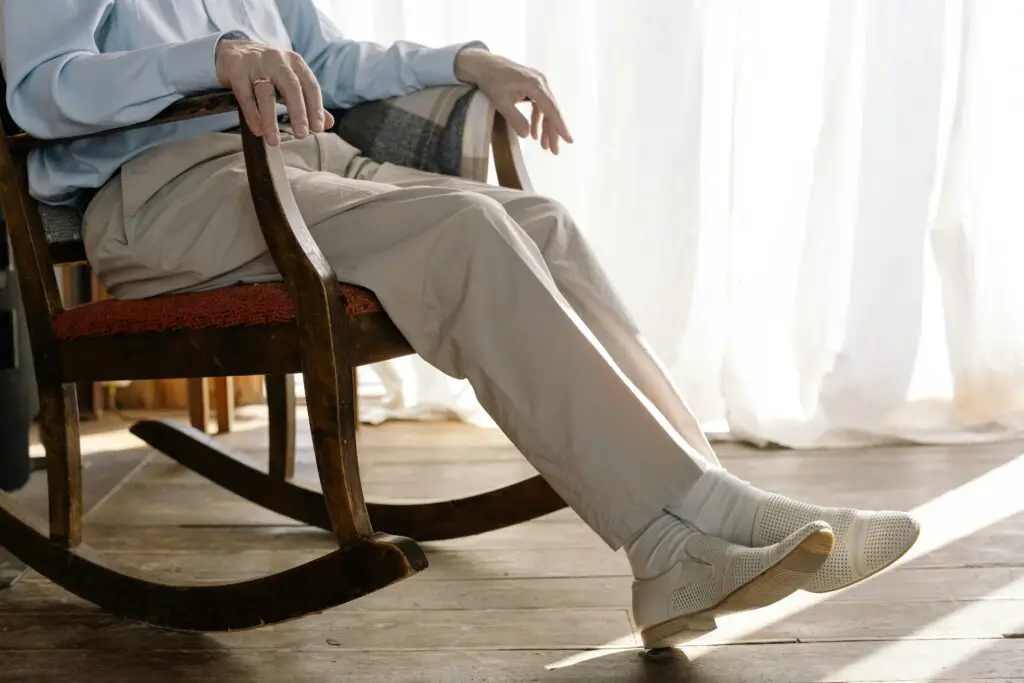
In many American households, rocking an empty chair was frowned upon. People believed it invited spirits to sit down, and not all of those spirits were friendly. Children were warned not to do it, and adults would quickly still a rocking chair that moved on its own, blaming it on a draft but still uneasy about the omen.
This superstition carried a mix of fear and respect for the unseen. Rocking chairs were common in parlors and porches, and their gentle sway could seem harmless—until someone remembered the warning. In quiet moments, even the creak of the wood could stir unease. It was a reminder of how easily ordinary furniture could blur the line between comfort and the uncanny.
5. Bird at the Window

If a bird tapped at your window or flew inside the house, it wasn’t considered charming. It was taken as a sign of impending death. For families who lived close to nature, bird encounters happened often, and so this superstition hung heavily in the air. A sparrow or blackbird at the glass might fill a room with dread.
The belief made sense in a world where illness struck without warning. A bird brushing against the panes could feel like a messenger from another realm. Even if it was just confused by its reflection, families whispered about who might fall sick. It gave meaning to an otherwise ordinary scene, making the natural world part of the household’s fate.
6. Stopping Clocks
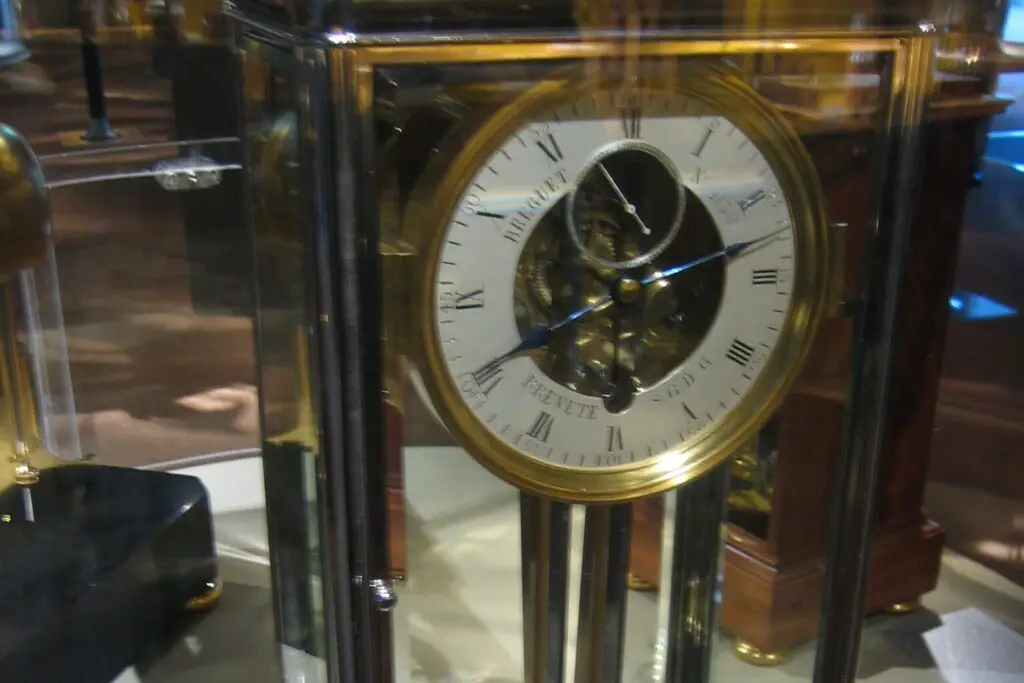
When someone died, it was common practice to stop the clocks in the home at the exact time of death. People believed it marked the soul’s departure and kept bad luck from lingering. Neighbors would even come by to confirm the tradition had been followed, showing how widespread the custom was.
For many, this was more than ritual—it was a way of freezing the moment, honoring the final breath. It gave families a sense of control in a time of chaos. Stilled clocks became part of mourning, their silence heavy with meaning. In households across America, time itself was thought to bow to death.
7. Shoes on the Table
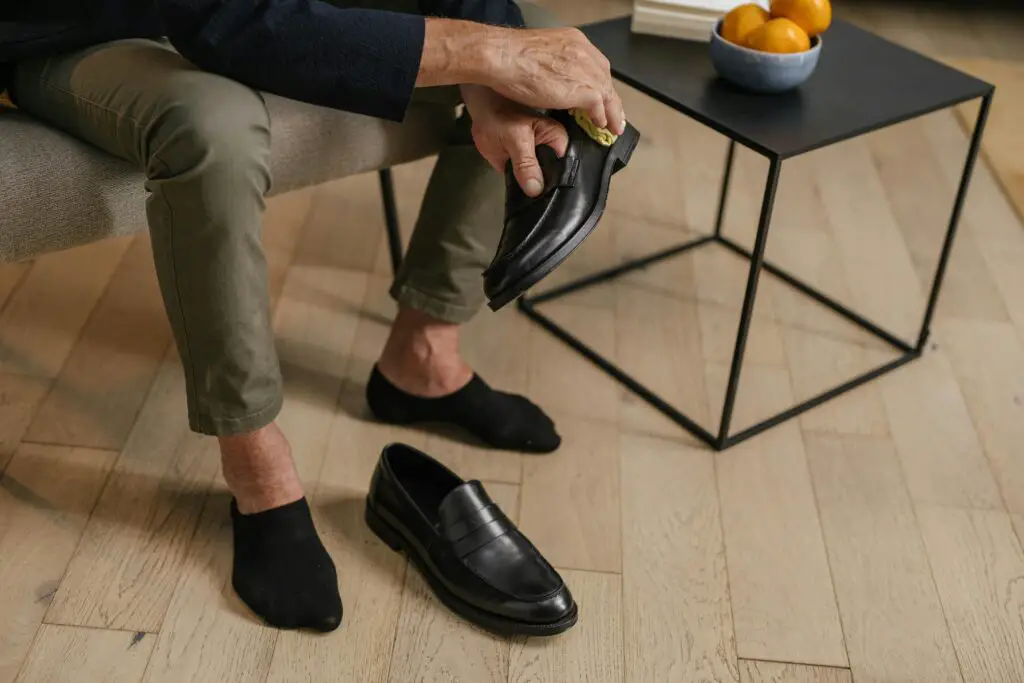
Placing shoes on a table was thought to bring misfortune, especially death. It might have roots in coal mining communities, where boots on a table symbolized a lost worker. The superstition spread into American homes, where families avoided the act entirely, treating it as deeply disrespectful.
It wasn’t just about germs or dirt—it carried the weight of doom. Mothers scolded children for doing it, and even when shoes were brand-new, the table was off-limits. What looks like a quirky old saying today was once a stern rule that kept grief and ill fortune from crossing the threshold.
8. Dogs Howling at Night

The eerie sound of a dog howling at night was long believed to signal death. If a dog sat outside a house and howled toward it, people thought someone inside would soon pass. In rural America where dogs were close companions, this belief could feel all too real when the sound echoed through a dark night.
Families took it seriously, sometimes shooing the animal away or reciting prayers. A howl pierced more than silence—it pierced peace of mind. Even today, the sound can send a shiver down the spine, but once it was tied directly to the fate of the household. It was a superstition that made every bark feel like a prophecy.
9. Bread Falling Butter-Side Down
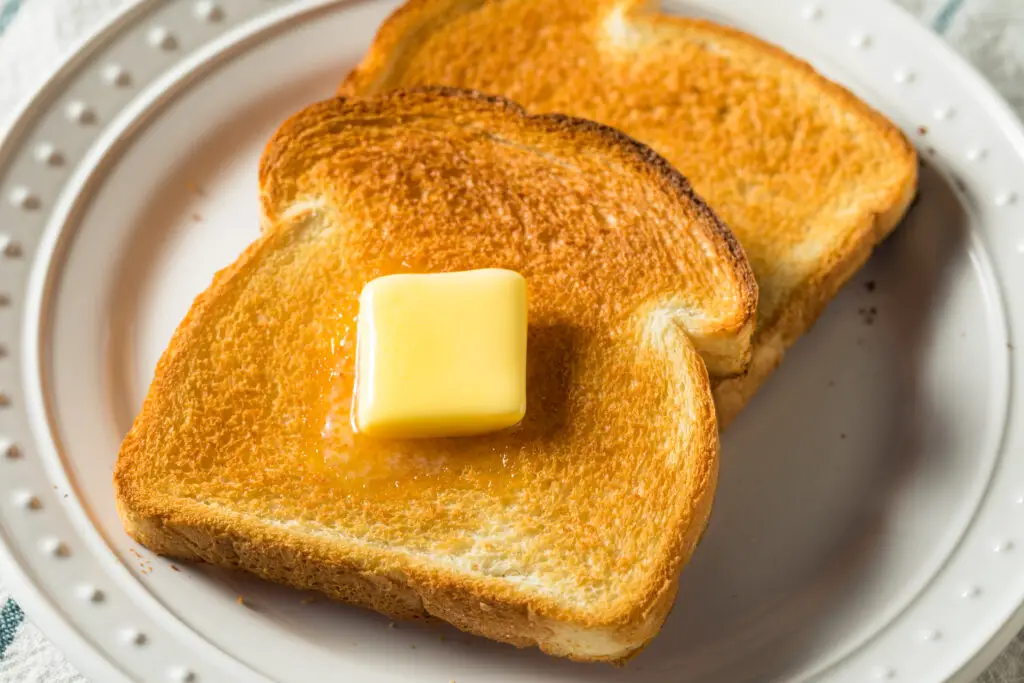
If bread slipped from your hands and landed butter-side down, it wasn’t just clumsy—it meant trouble was ahead. Some saw it as a warning of arguments, while others thought it foretold bad luck in general. Since bread was a staple of daily meals, this superstition cropped up often in kitchens across America.
Mothers might sigh at the sign and hope it didn’t mean illness or hard times. Children noticed the little details and gave weight to the accident. Food carried not just nourishment but omens. In a time when every meal mattered, a fallen slice could feel like fate had sent a message.
10. Crossing on Stairs
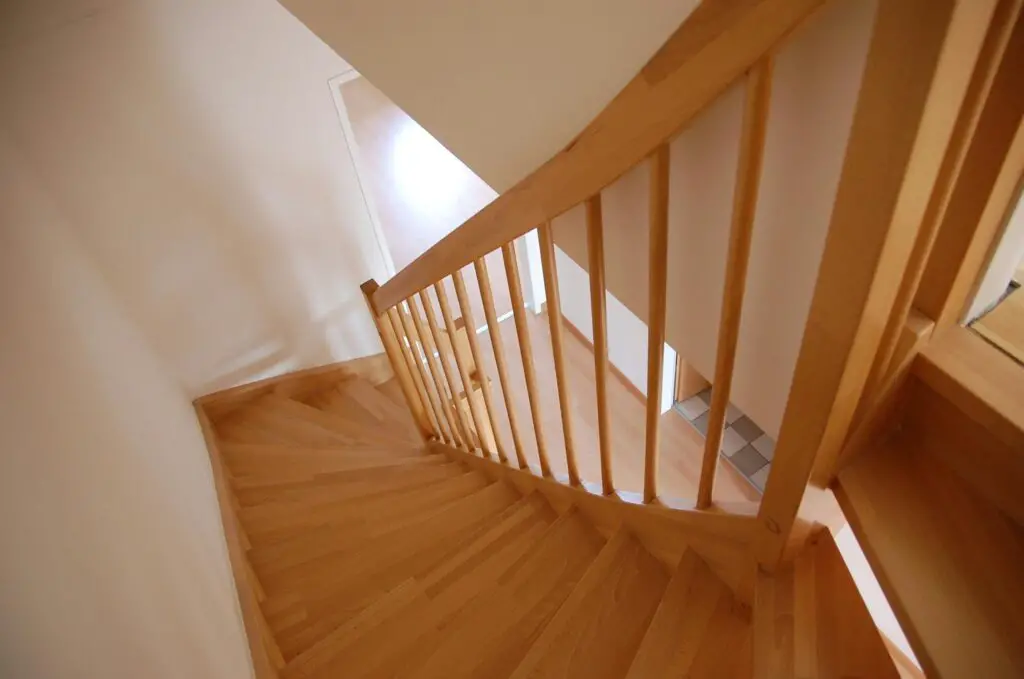
Meeting someone directly in the middle of a staircase was avoided whenever possible. The belief was that crossing paths in this way brought bad luck, and it was safer to wait until the other person had cleared the steps. Families with big houses sometimes paused awkwardly, letting the superstition guide their movements.
This created small moments of superstition in otherwise ordinary routines. A quick laugh might follow once everyone reached solid ground, but the hesitation was genuine. Even simple architecture shaped fate in the eyes of many Americans. Stairs weren’t just functional, they were points where fortune could tip.
11. Right Shoe First

When getting dressed, some people made sure to put on the right shoe first, believing it brought good fortune. The left shoe first, on the other hand, meant bad luck could dog you for the rest of the day. It may sound silly now, but it was once a common habit passed down quietly from parent to child.
These little rituals made ordinary acts meaningful. Something as routine as lacing up boots before work carried the weight of superstition. It gave people a sense of control over what was to come. In an uncertain world, even shoes were part of destiny’s balance.
12. Spilling Salt
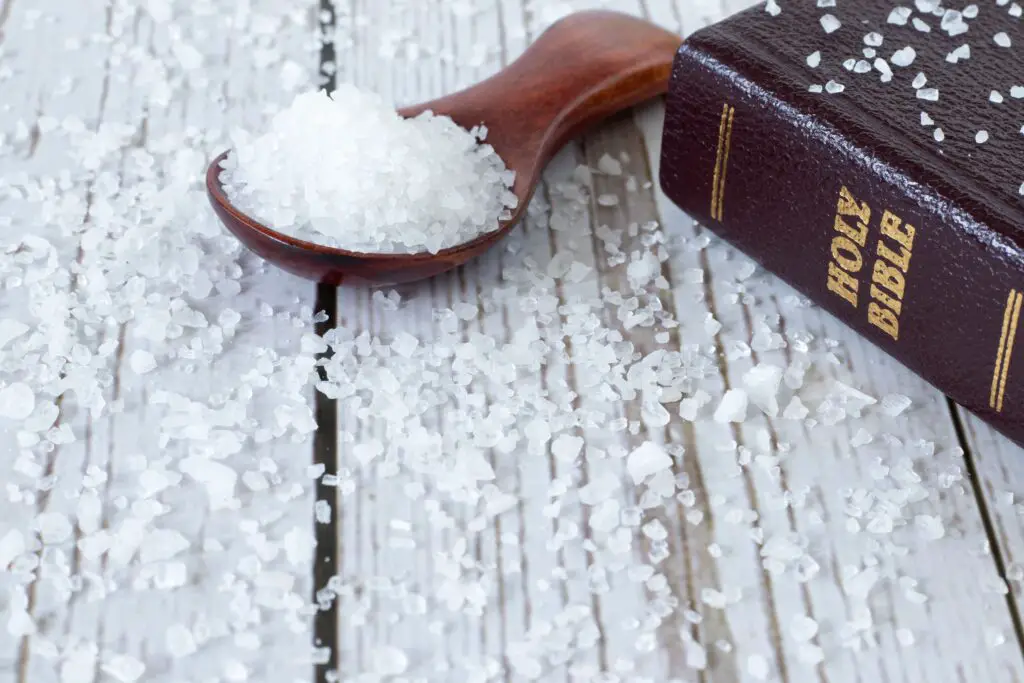
One of the most enduring superstitions was that spilling salt meant misfortune. The cure was to toss a pinch over your left shoulder to blind the devil waiting there. Kitchens became places where this tiny ritual played out regularly, with everyone from children to grandparents taking it seriously.
Salt was precious in early America, used not just for flavor but for preserving food. Wasting it was already frowned upon, so it made sense to attach greater meaning. The little gesture of tossing some behind you became second nature. What might have been just a mess on the table was turned into a battle against unseen forces.
